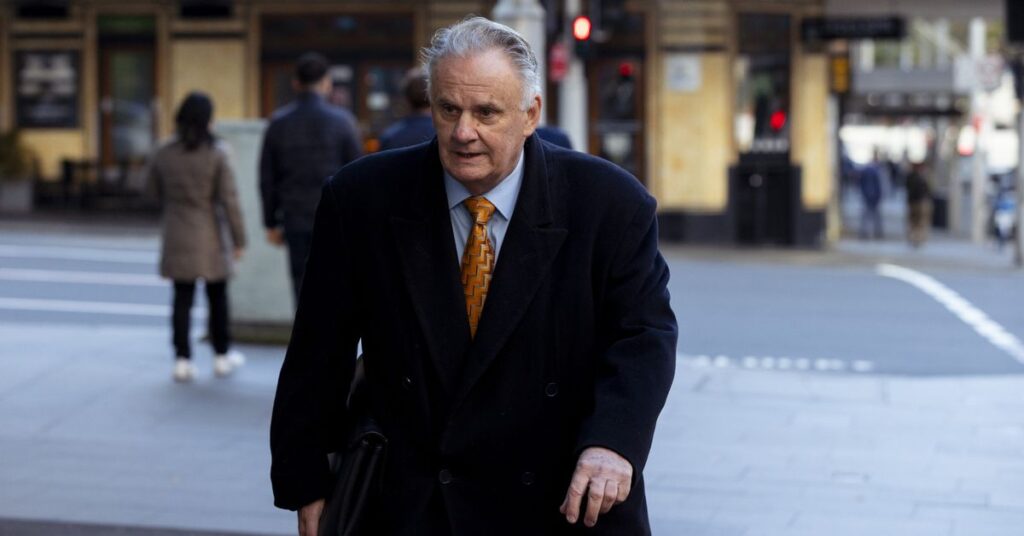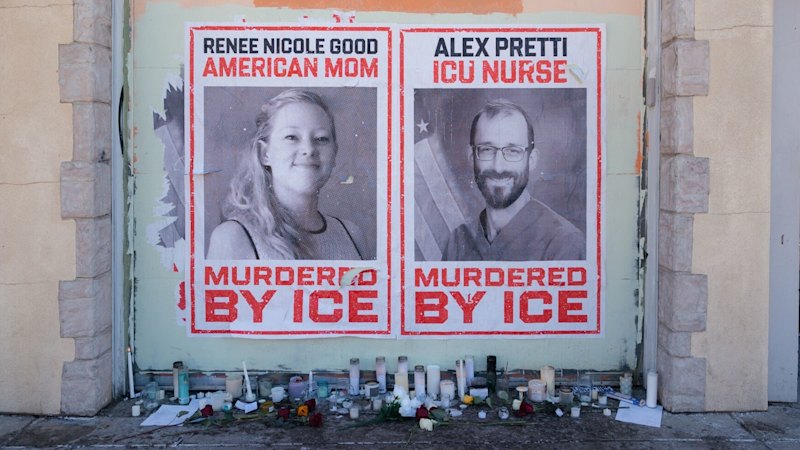
Outspoken former federal Labor leader Mark Latham faced the tribunal on Wednesday, defending himself against accusations of vilification and workplace harassment brought by New South Wales independent MP Alex Greenwich. The case, which has garnered significant media attention, revolves around a sexually explicit tweet that the Federal Court previously ruled as defamatory, along with subsequent public statements made by Latham.
The courtroom drama unfolded at the John Maddison Tower in Sydney on August 13, 2025, where Latham, now an independent member of the NSW parliament’s upper house, used the witness box as a platform to launch a fierce defense. He accused Greenwich of attempting to silence him through legal action, asserting that the MP was unable to handle public criticism.
“If (Greenwich) has a leak in his roof, he would stomp around his house and say ‘Bloody Latham, bloody Latham’,” Latham declared during his testimony.
The Case at Hand
The legal proceedings stem from a tweet Latham posted in 2023, which Greenwich’s legal team argues continues to cause harm. The tribunal allowed Greenwich to present this tweet as evidence, despite Latham’s insistence that his criticisms were “100 percent true.” Latham’s lawyer, Zali Burrows, attempted to introduce additional evidence, portraying Greenwich as a “spoilt child,” but was largely unsuccessful in swaying the tribunal’s decision.
Senior tribunal member Mandy Tibbey limited the acceptance of new affidavits, questioning their relevance to the case. The tribunal also rejected a request from Greenwich’s team to update evidence continuously, should the alleged harmful tweets persist.
Background and Context
Mark Latham, known for his fiery rhetoric and controversial political career, has been a polarizing figure in Australian politics. He initially rose to prominence as the leader of the Australian Labor Party, before later joining One Nation and eventually serving as an independent. His outspoken nature has often landed him in hot water, with this latest case being a testament to his contentious approach.
Alex Greenwich, on the other hand, is a prominent advocate for LGBTQ+ rights and has been a vocal critic of Latham’s remarks. The case highlights ongoing tensions between political figures with divergent ideologies, particularly in the realm of social issues and public discourse.
Implications and Future Considerations
The tribunal’s decision to limit further evidence submissions suggests a desire to bring the matter to a close. Tibbey emphasized the need for a “cessation of hostilities” between the parties involved. Greenwich’s lawyer, Prue Bindon, echoed this sentiment, expressing her client’s wish for the ordeal to conclude.
“Mr Greenwich would very much like it to stop,” Bindon stated.
Outside the courtroom, Greenwich expressed relief that the hearings had concluded, signaling a potential end to this chapter of their public feud. However, the broader implications of this case could influence how political figures engage with each other in the public sphere, particularly on social media platforms.
As both parties await the tribunal’s final decision, the case serves as a reminder of the delicate balance between free speech and defamation, especially in the digital age. It also underscores the challenges faced by public figures in navigating criticism and legal boundaries.
The outcome of this case may set a precedent for similar disputes in the future, as society continues to grapple with the evolving dynamics of political discourse and personal accountability.





